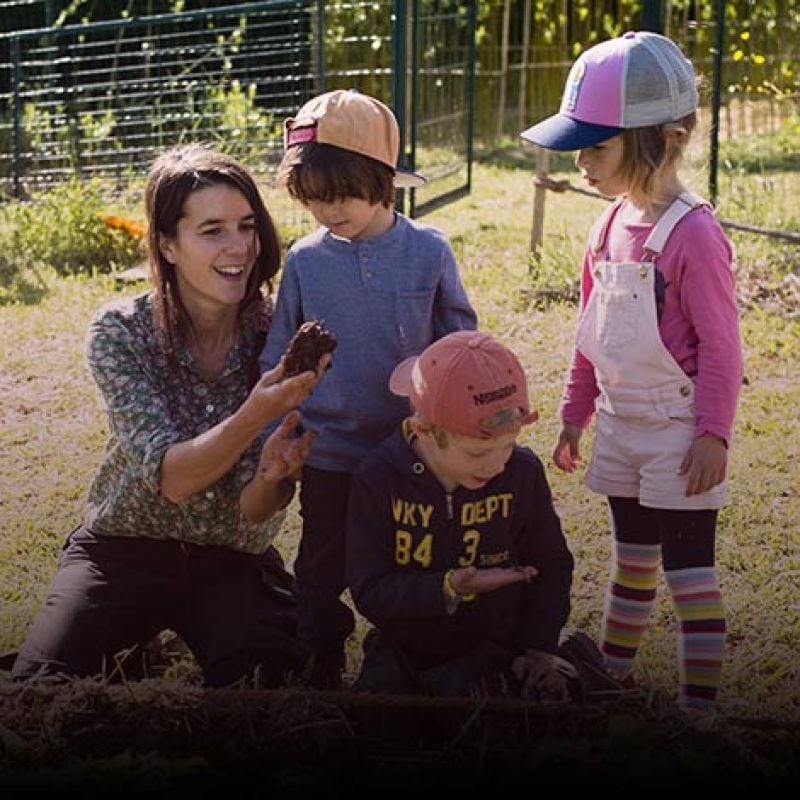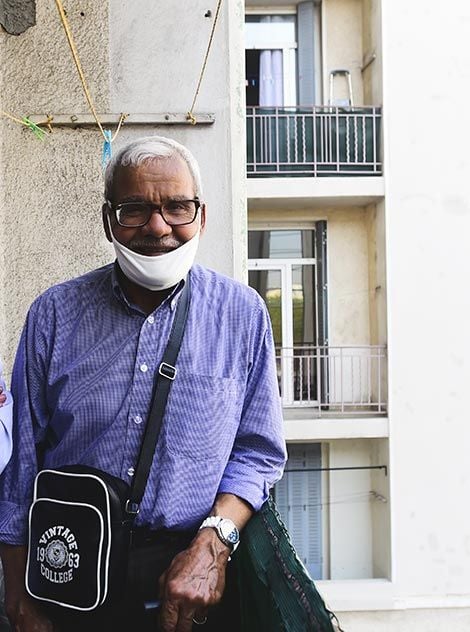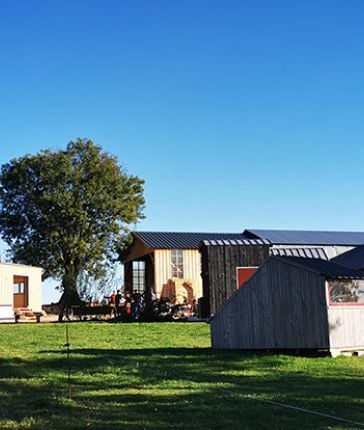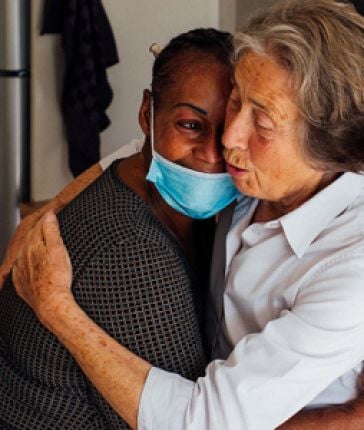Unsanitary housing, energy poverty, run-down apartment blocks and deprived neighborhoods mean that millions of French people are affected by poor housing. And yet, improving a specific housing issue, neighborhood or area encourages “togetherness”. It also contributes to combating climate change.
Poor housing over a lifetime is much more than a practical matter. It means having a poor quality of life, with consequences on healthcare, education, family harmony and social and professional inclusion – in other words, pretty much every aspect of life! And appropriate housing is not just having a roof above your head. It also means belonging to your environment and your neighborhood, as well as fostering social interaction, and maintaining it.
A collective approach to combating poor housing
Which is why, in 2002, the Fondation de France Housing program started to address the issue of housing and rehabilitation as both global and local projects, focused on “togetherness.” Based on this experience, and with a strong network, Fondation de France has restated its program priorities with three objectives:
offering solutions to the most vulnerable and exposed people, because of the pandemic, by improving their housing conditions (squats, shanty towns, housing in poor repair, etc.);
contributing to a new approach to housing that incorporates a solidarity element (shared, inclusive and intergenerational accommodation, for instance);
supporting collective initiatives in exposed communities, to help them with transition, stronger resilience, more solidarity (with residents invited to discuss togetherness, improvements to the living environment and the development of abandoned communities.)
Housing and the environment: same fight
The residential building sector is estimated to produce 20% of all carbon emissions! Increasingly, the projects selected by Fondation de France and donor-advised funds active in this field also aim to preserve the environment. A decrease in costs linked to energy (and therefore carbon levels) and the use of green materials in both rehabilitation and construction are intrinsic components of high-quality buildings. Group housing is preferred to limit development in natural areas and resist land pressure. Providing guidance on energy and fluid management, sorting waste and incorporating green spaces into the heart of neighborhoods, with urban farms, community gardens and so on, are encouraged systematically.







